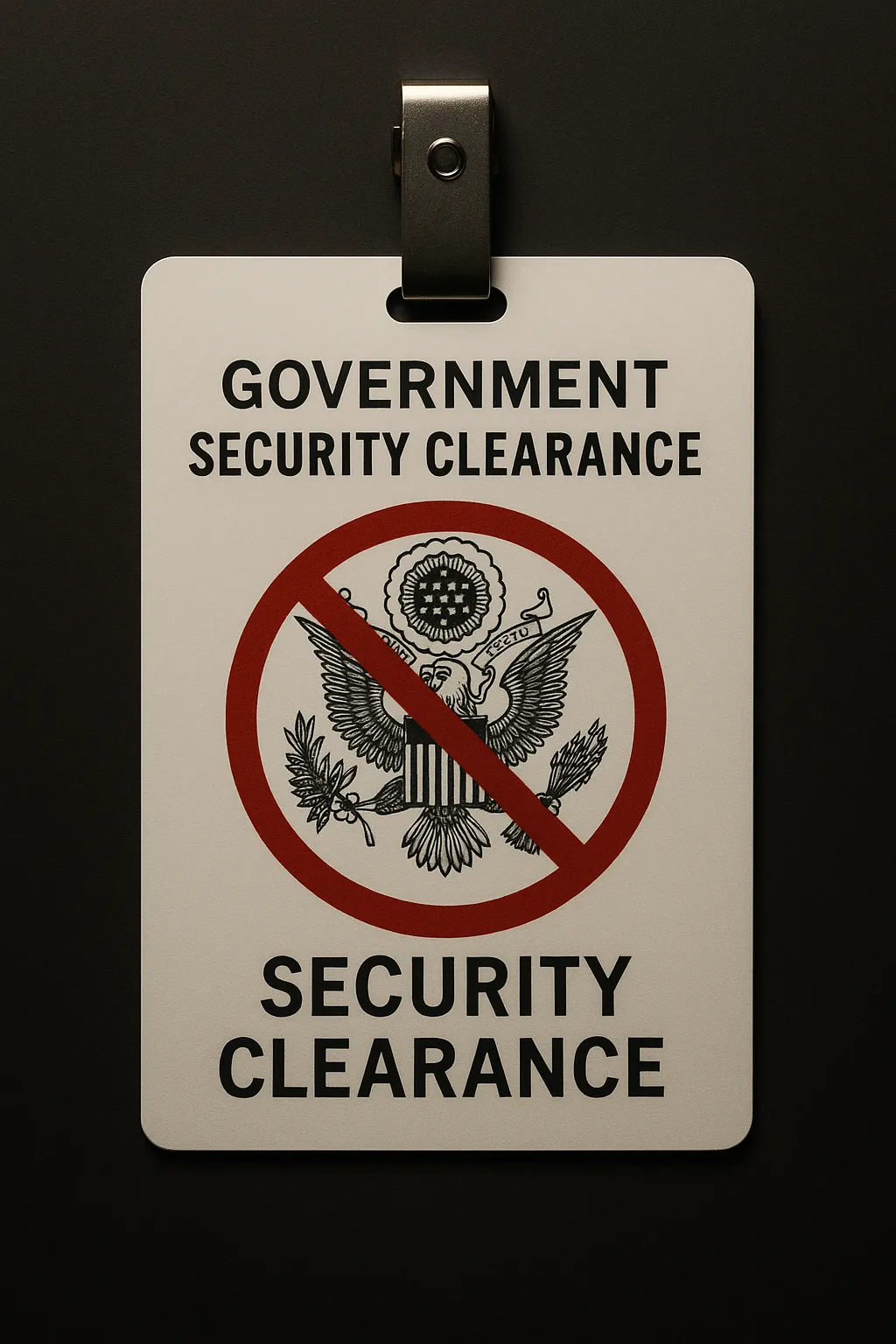Trump Administration Revokes 37 Security Clearances in Latest Intel Shake-Up

WASHINGTON, Aug. 20, 2025 - On Tuesday, Tulsi Gabbard, the Director of National Intelligence, said she revoked security clearances for 37 current and former U.S. intelligence and national security officials. This move follows President Donald Trump’s directive.
In a memo sent out Monday, Gabbard accused these individuals of “politicizing or weaponizing intelligence.” She claimed they did this to push personal or partisan agendas. She also said they failed to protect classified information and broke professional analytic tradecraft standards. The affected personnel come from various agencies. This includes the CIA, NSA, National Security Council, and the Department of State.
Maher Bitar and Emily Horne were among those who lost their clearances. Bitar was on Sen. Adam Schiff’s House Intelligence Committee staff during Trump’s first impeachment. Horne served as a spokeswoman for the National Security Council under President Biden. Shelby Pierson, a senior election-threat analyst, was targeted too. She had warned Congress about Russian interference in the 2020 election.
The revocations are effective immediately. Anyone affected must give up their credentials. They will also lose any related government contracts or jobs. Critics, including national security attorney Mark Zaid, slammed the move as illegal and driven by politics. They warned it might stifle dissent in the intelligence community.
Gabbard defended the action in a post on X (formerly Twitter). She stated, “Being entrusted with a security clearance is a privilege, not a right.” She added that those who “betray their oath to the Constitution” have “broken the sacred trust they promised to uphold.”
This decision continues a trend from President Trump’s early days. He took away clearances from 51 former intelligence officials who spoke out against his handling of election intelligence. Legal experts say that naming and removing current officials without due process might break laws and rules about classification and privacy.
Observers caution that using clearance revocations as a political tool could damage America’s intelligence system. It risks undermining its nonpartisan roots and might hinder ongoing national security efforts.
Categories
Autos and vehicles Beauty and fashion Business and finance Climate Entertainment Food and drink Games Health Hobbies and leisure Jobs and education Law and government Other Politics Science Shopping Sports Technology Travel and transportationRecent Posts
Tags
Archives
08/19/2025 (3) 08/20/2025 (40) 08/21/2025 (27) 08/22/2025 (22) 08/23/2025 (4) 08/24/2025 (21) 08/25/2025 (30) 08/26/2025 (24) 08/27/2025 (29) 08/28/2025 (16) 08/29/2025 (9) 08/30/2025 (13) 08/31/2025 (17) 09/01/2025 (167) 09/02/2025 (124) 09/03/2025 (149) 09/04/2025 (112) 09/05/2025 (72) 09/06/2025 (169) 09/07/2025 (162) 09/08/2025 (150) 09/09/2025 (176) 09/10/2025 (194) 09/11/2025 (194) 09/12/2025 (186) 09/13/2025 (207) 09/14/2025 (159) 09/15/2025 (175) 09/16/2025 (198) 09/17/2025 (196) 09/18/2025 (196) 09/19/2025 (207) 09/20/2025 (129) 09/21/2025 (4)